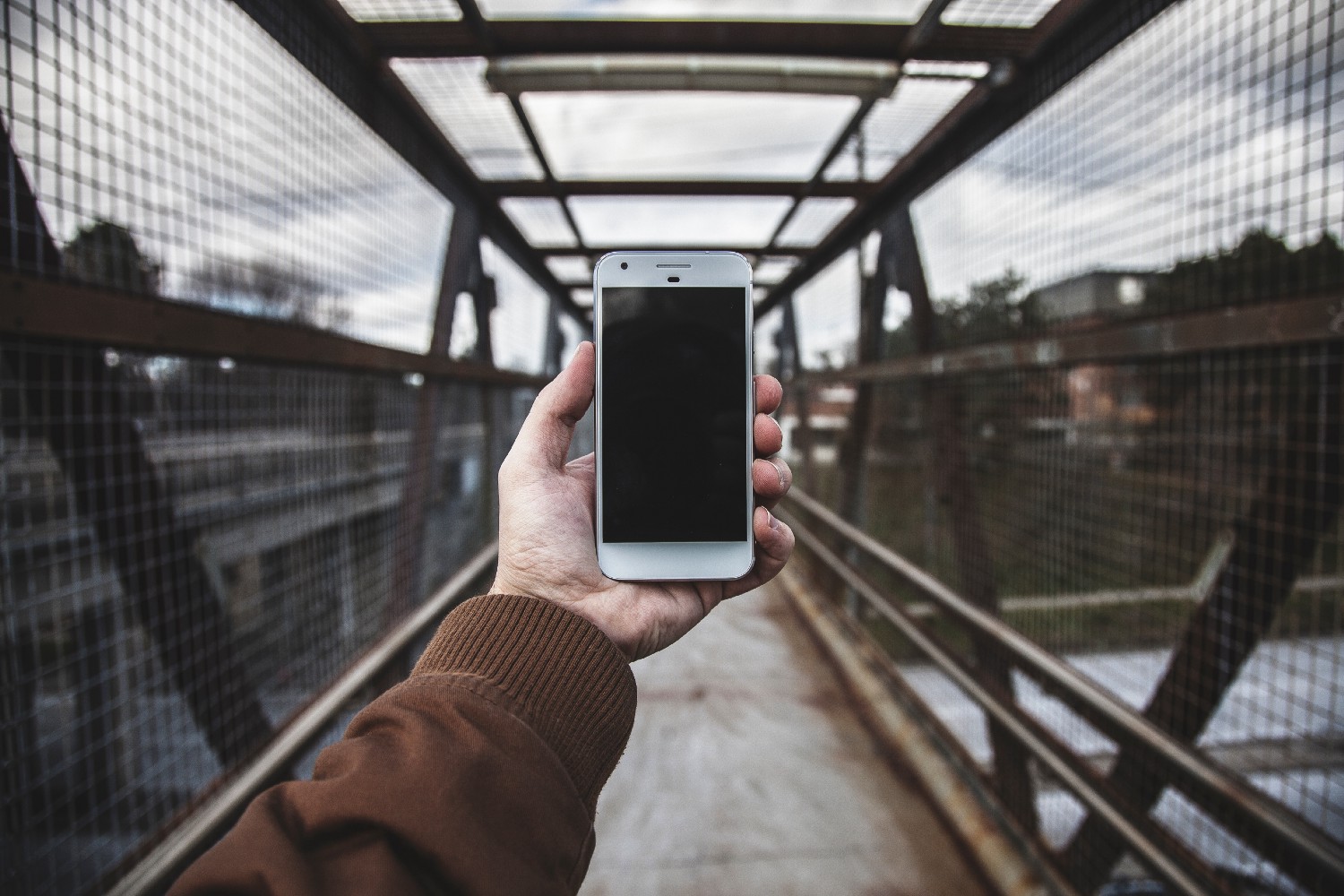I love what I write about. Every day I learn more about our unhealthy relationship with screens and how to do the thing we all know we should do, which is disconnect more often. And while I’ve gotten way better at unplugging since I’ve started working at Thrive, shaking old habits like texting late at night or curling up with Netflix right before bed is tough.
So in my continued effort to walk the walk and not just talk the talk, I decided to try Tim Ferriss’s morning hack: putting your phone on airplane mode for the first 60 minutes of each day. The idea, according to Ferriss, is to give yourself time to “boot-up” for the day without your screen.
My usual morning routine looks something like this: I wake up and scroll through news headlines and check Instagram for 10 to 15 minutes. I make breakfast to the soundtrack of a podcast, and often, eat while browsing my email inbox.
Going no-internet in the morning was a radical change. Aside from traveling, I’d literally never put my phone on airplane mode before. But I committed to doing it for one week.
The result? I had more time in the morning — text free, Instagram free, email free. I woke up and instinctively reached for my phone but meditated instead. In the past, morning meditation felt hurried, like a forced break between Instagram and my inbox. With my screen no longer an option, I could more easily rein in my thoughts and prepare for the day ahead. I made my bed (unheard of) and cooked breakfast while listening to music. This new morning pace was novel for me. I usually move at sloth-speed and wind up scrambling out the door. The Ferriss trick, however, had me heading to the train 20 minutes earlier than usual without feeling rushed. I even got a seat on the notoriously crowded Brooklyn G train — an absolute miracle.
I decided to turn airplane mode off about three subway stops away from work — now that New York City has subway platforms with WiFi, it was easy to quickly scan my inbox and make sure I wasn’t missing anything major before I got in. I addressed anything urgent before I even stepped foot in the office and realized everything else — Instagram, Facebook, even text — could wait. I felt more clarity and more energy upon arriving to work, perhaps a side effect of not feeling bogged down by the virtual world.
In one of the loudest places presumably on the planet, I felt an overwhelming sense of quiet. My usual commute from Brooklyn to SoHo is awash with hurried travelers, too-tight train cars, sirens and people playing the drums at 8 o’clock in the morning (among other, indescribable things). Usually every commuter exists in their own world; we tune each other out, lost in our screens or drowning in music blaring from our headphones. Being disconnected from my phone made me feel a little strange in contrast to my fellow travelers, but I was grateful for it. It was startling — in a good way — to be able to focus and read a book in what felt like relative silence.
Though I feel that my relationship with technology is moving in a healthier direction, my digital life — as it is for many of us — is still the most chaotic and consuming aspect of my existence. And knowing that the noisiest (in every sense of the word) part of my life was deliberately quieted felt freeing.
I haven’t kept up with Ferriss’s practice every day, but I’ve done it a few times since and have learned that, like Ferriss, my brain definitely needs a boot-up hour. I’m keeping some of my favorite takeaways like meditating and implementing a screen-free commute, too. I also decided to modify the hack to remind myself to disconnect at night in addition to the morning by scheduling my phone to automatically go into “do not disturb” mode from 9:45 p.m. to 7 a.m. It’s not a complete disconnect but it does quiet the incessant buzz of texts and emails and helps curb the impulse to check them immediately.
Perhaps the most illuminating part of the experiment was checking in with myself about the speed I move at, in the mornings and otherwise, and how fast time goes by when we’re absorbed in screens. (Studies show social media may actually warp our perception of time.) Looking down at my phone on the way to work felt like being swept away in a sea of people, all mechanically engaging in the same actions, only to look up and realize I was at my desk and it was 2 p.m. Being more conscious and more deliberate about my screen-time in the morning set the tone for my entire day — I was more mindful of it at work and made an effort to take breaks and get some fresh air.
Should you try going phone-free for an hour in the a.m.? Absolutely. Think of it as an experiment, like I did, instead of a drastic upheaval of your morning routine. Ask yourself how a screen-free morning feels in comparison to the times you’re plugged in, and perhaps write down (on paper!) the differences to make note of any important changes. If anything, it’s a crucial reminder about how screens affect our day-to-day. Taking just one hour to be free of screens shows us that, in an increasingly-screen filled and noisy society, we can still make minor changes to disconnect and engage more fully with ourselves and our surroundings.
For more on why it’s so important #unplugandrecharge, check out more stories on disconnecting here and here.
Originally published at journal.thriveglobal.com


